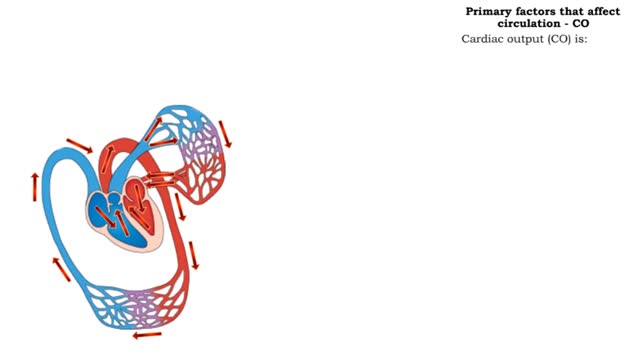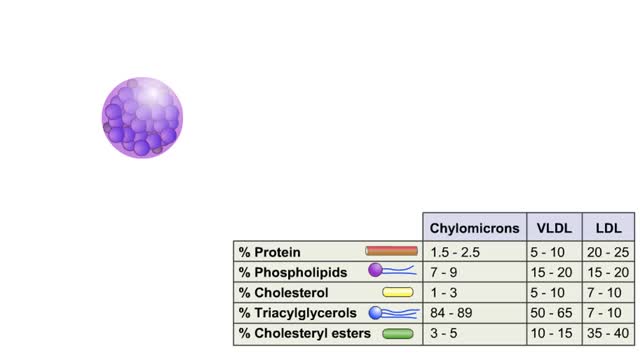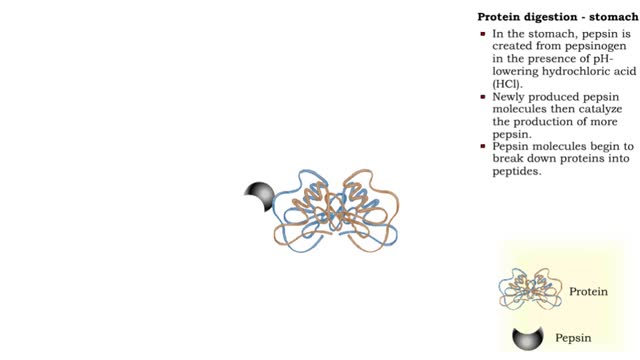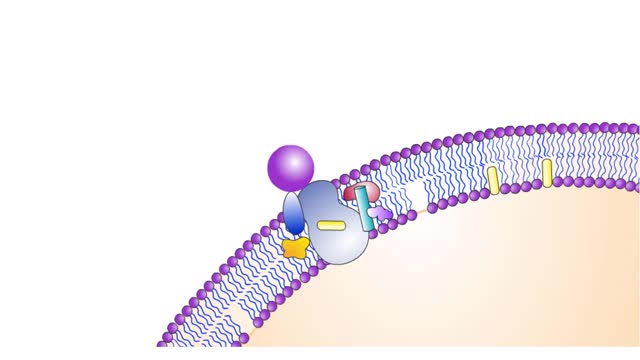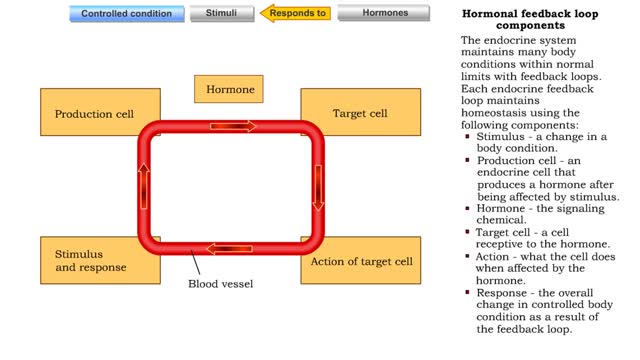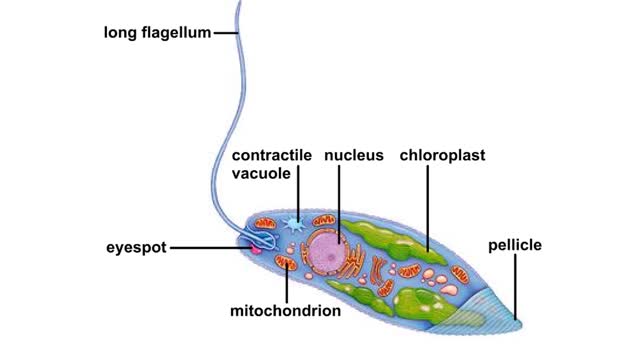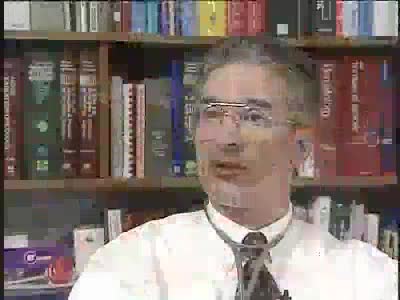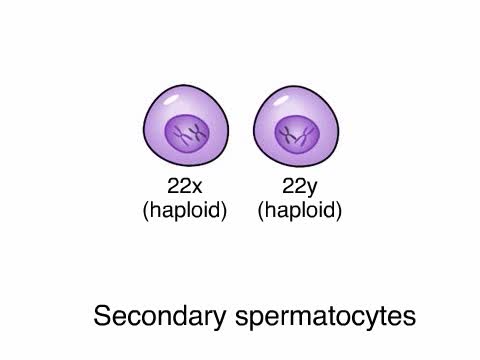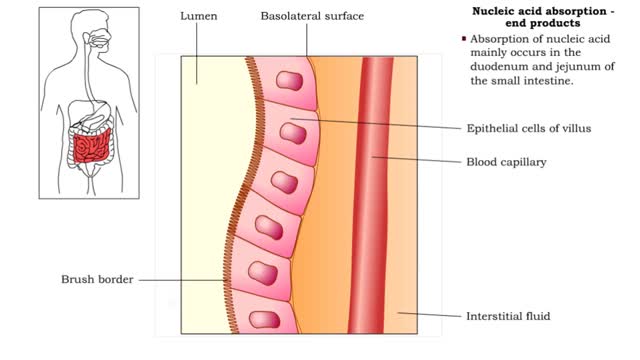Search Results
Results for: 'Body fluid volume'
The primary factors that affect circulation - MABP, CO and SVR
By: HWC, Views: 12084
Introduction Blood flow is determined by the relative intensities of factors that drive and resist moving blood. • Cardiac output (CO) equals the mean arterial blood pressure (MABP, a driving force) divided by systemic vascular resistance (SVR, a resisting force). • Hormones and the cen...
By: HWC, Views: 10989
LDL comprises 60–70% of total blood lipoproteins and is responsible for carrying cholesterol particles throughout your body. Having a lot of cholesterol carried by LDL lipoproteins is associated with an increased risk of heart disease. In fact, the higher the level, the greater the risk. ...
Protein digestion - stomach & small intestine
By: HWC, Views: 11245
• Protein digestion occurs in the stomach and small intestine. • The stomach enzyme pepsin initiates the process. • Pancreatic and intestinal brush border enzymes complete the digestive process. • In the stomach, pepsin is created from pepsinogen in the presence of pH-lowering hyd...
HDL (high density lipoprotein)
By: HWC, Views: 10517
HDL cholesterol can be thought of as the “good” cholesterol. (So, in the case of HDL cholesterol, higher levels are actually better.) The body uses cholesterol to make hormones and vitamin D and to support digestion. HDL carries LDL (bad) cholesterol away from the arteries and back to t...
Hormonal feedback loop components
By: HWC, Views: 11866
The endocrine system maintains many body conditions within normal limits with feedback loops. Each endocrine feedback loop maintains homeostasis using the following components: ■ Stimulus - a change in a body condition. ■ Production cell - an endocrine cell that produces a hormone after b...
Body plan of euglena Animation
By: HWC, Views: 6126
Euglenoids are single-celled organisms that live in lakes and ponds. A contractile vacuole pumps out the water that diffuses into the cell from its hypotonic surroundings. The body is covered by a translucent pellicle composed of flexible strips of a protein-rich material. Light passe...
By: Administrator, Views: 14266
Breast cancer is cancer that develops from breast tissue. Signs of breast cancer may include a lump in the breast, a change in breast shape, dimpling of the skin, fluid coming from the nipple, a newly inverted nipple, or a red or scaly patch of skin. In those with distant spread of the disease, t...
By: Administrator, Views: 684
A man’s reproductive system is specifically designed to produce, store, and transport sperm. Unlike the female genitalia, the male reproductive organs are on both the interior and the exterior of the pelvic cavity. They include: the testes (testicles) the duct system: epididymis and vas def...
Nucleic acid digestion - brush border enzymes, end products & transport mechanism
By: HWC, Views: 11533
• Further digestion occurs at the microvilli (brush border) of the epithelial cells of the villi in the small intestine. • Two brush border enzymes complete nucleic acid digestion: • Phosphatases, which catalyze the cleavage of a phosphate to form a nucleoside (nitrogenous base and pent...
Advertisement



